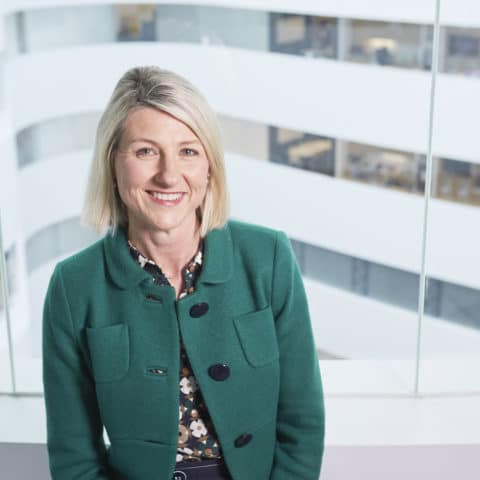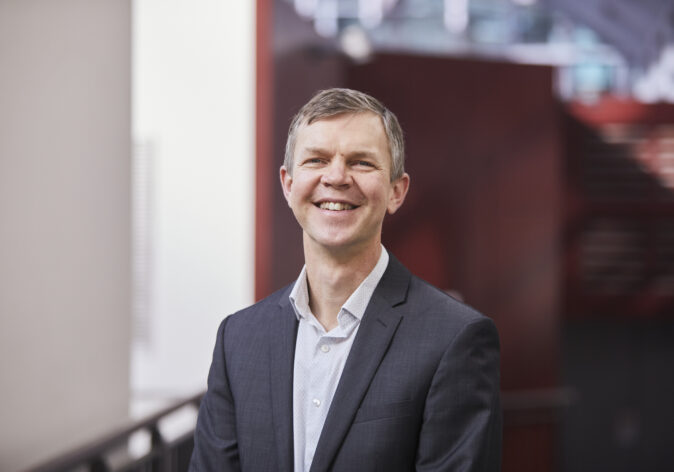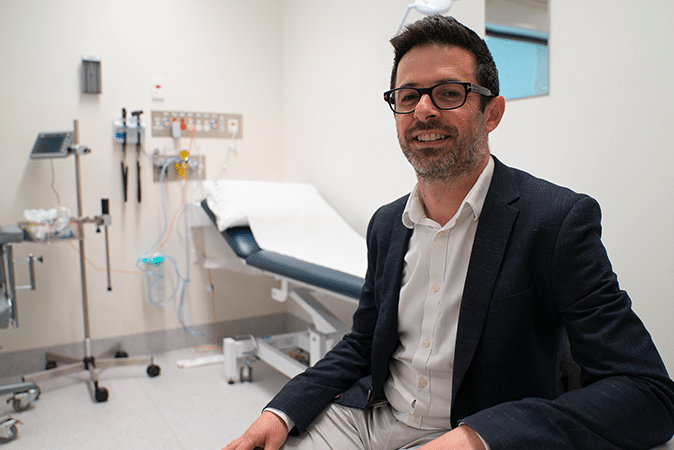Are There Different Types of Breast Cancer Clinical Trials?
There are a number of different types of breast cancer clinical trials. Many breast cancer clinical trials are looking at new treatments for breast cancer; other trials are looking at new prevention strategies whether they be medications or alterations in lifestyle, such as exercise and reducing body weight.
There are also trials that are looking at the best way to deliver the interventions that we already have. Other trials are focused on women with advanced breast cancer and how we might support them.
So there’s a whole different array of types of breast cancer clinical trials that we do.
Listen to the podcast
Professor Kelly-Anne Phillips explains the different types of breast cancer clinical trials, the different phases of trials, and also explains the roles of the different members of a clinical trials team.
The Different Phases of a Breast Cancer Clinical Trial
Once a new treatment has been studied extensively in the laboratory, the next step is to start testing that on people. This testing in people is usually done in a series of clinical trials that we call ‘phases‘.
A Phase 1 clinical trial is often the first time that a drug will have been used in humans. It’s aimed at looking at what the side effects are of that drug, and also trying to work out what the best dose of that drug would be and also the best scheduling of the drug.
It’s really about finding out what’s the best way to give the drug to minimise side effects.
At the end of a Phase 1 clinical trial, we know the optimal dose and dosing regimen for the drug of interest, and we then move into a Phase 2 clinical trial.
This is really designed to look at how active the new drug is, what proportion of people with breast cancer who get that new drug will actually benefit from it, to give us an idea of whether it’s likely to be more beneficial that the standard treatment.
When things look good in a Phase 2 clinical trial, and we’re seeing quite a bit of activity, we then move drugs into Phase 3 clinical trials.
That’s generally when we’re comparing directly the new agent with the current standard treatment, and we’re looking to see if the new agent is better – so if it improves the breast cancer outcomes – and also whether it has fewer side effects than the current standard treatment.
Once new drugs prove to be better than the current standard treatment in a Phase 3 clinical trial, this is when we’re then able to move them into the clinic to become the next new standard of care.
This is how we incrementally improve things in clinical trials – the old standard of care is replaced by a new standard of care that’s informed by Phase 3 clinical trials.
In general, there’s a step-by-step process through the different phases of clinical trials, but in some trials, the phases are merged together so we have some trials with slightly more complex designs that might be combining Phase 1 and Phase 2, or Phase 2 and Phase 3.
Who Is Involved In A Breast Cancer Clinical Trial?
The research team behind a clinical trial is really pretty comprehensive and large. There are the people the clinical trial patients would see in the clinic – the doctors and clinicians looking after them, the research nurses, the research coordinators and data managers who are helping to collect the information in the clinical trial. In the background, there are a large number of other people, too.
In the trials group, we have our trials department where our staff are working on the data that’s coming in, looking at it, making sure it’s correct and increasing the robustness and integrity of the clinical trial.
Clinical trials are like a great big machine. The patient is really only seeing one tiny little piece of that machine. There’s a whole other great big piece of machinery behind it that’s not seen face-to-face by the patient, but it’s all there, and it’s all really important.
Support Us
Help us to change lives through breast cancer clinical trials research




